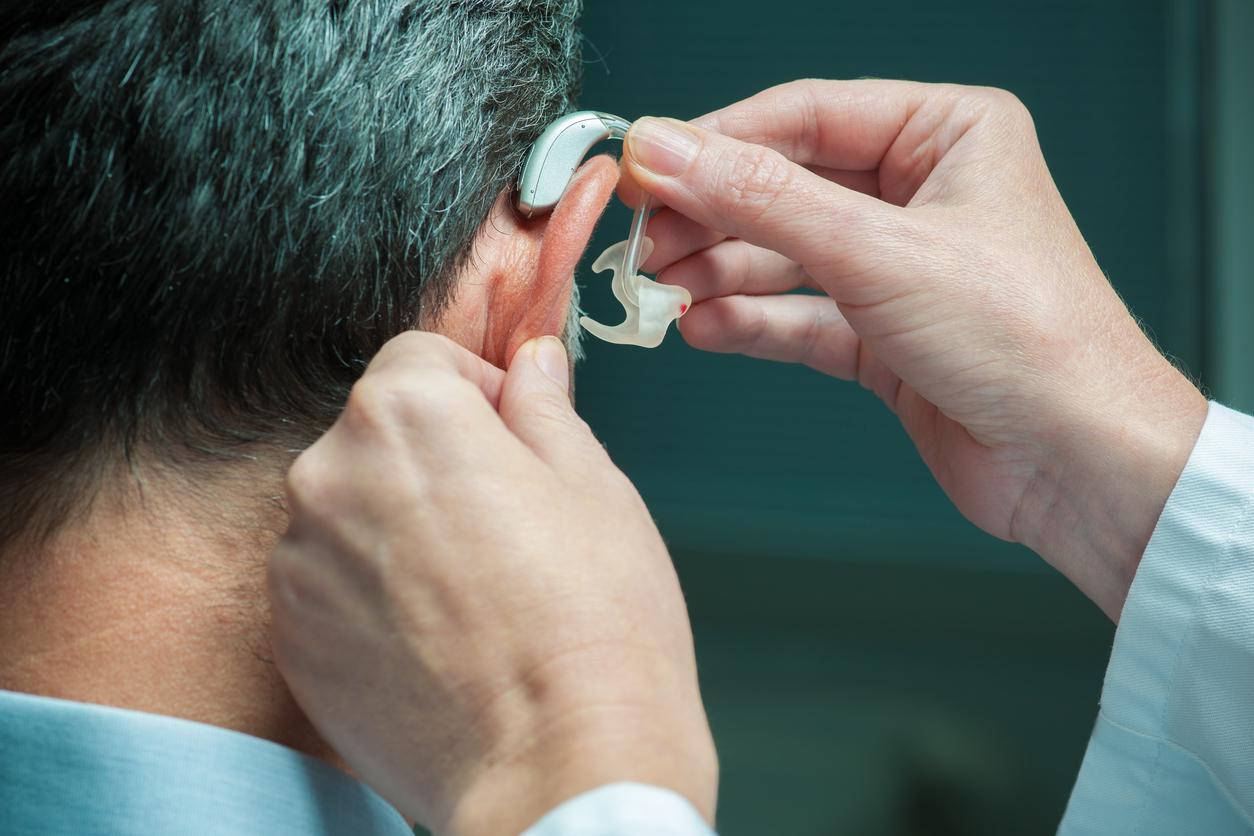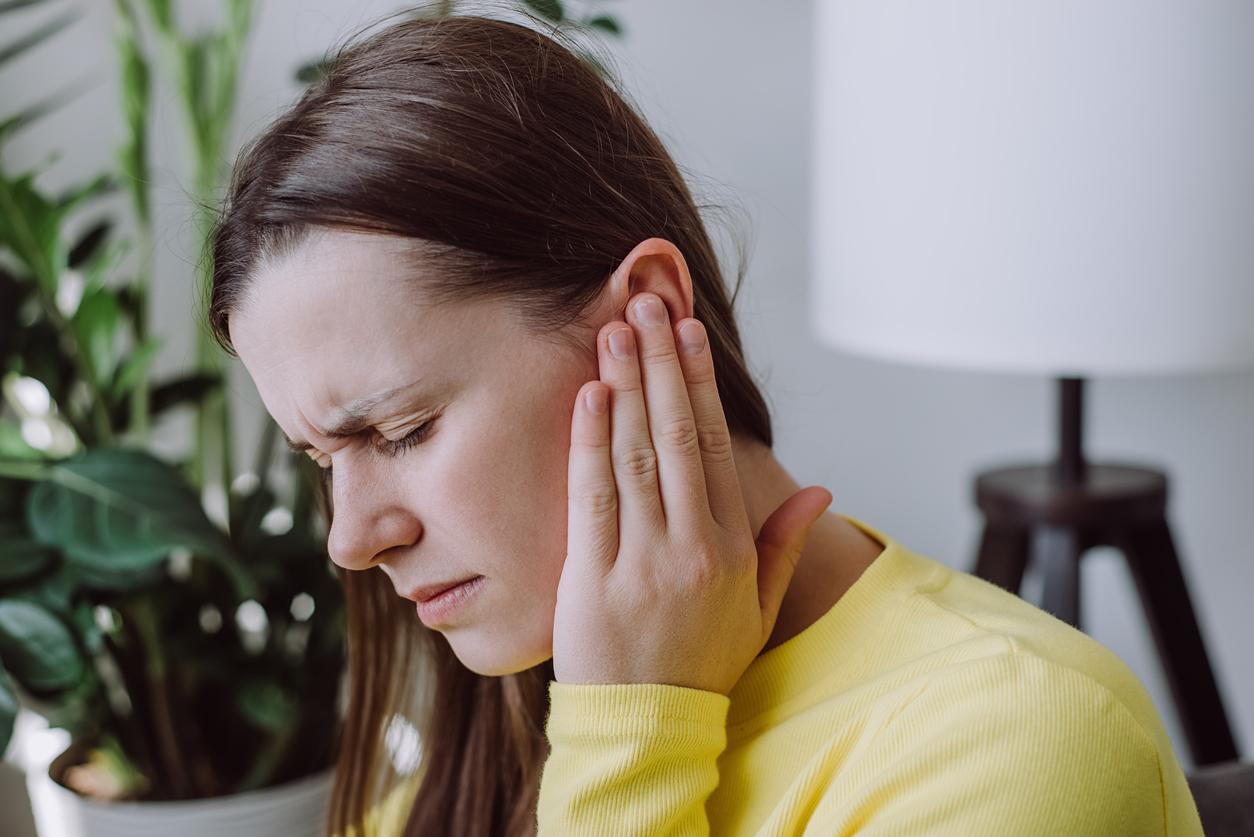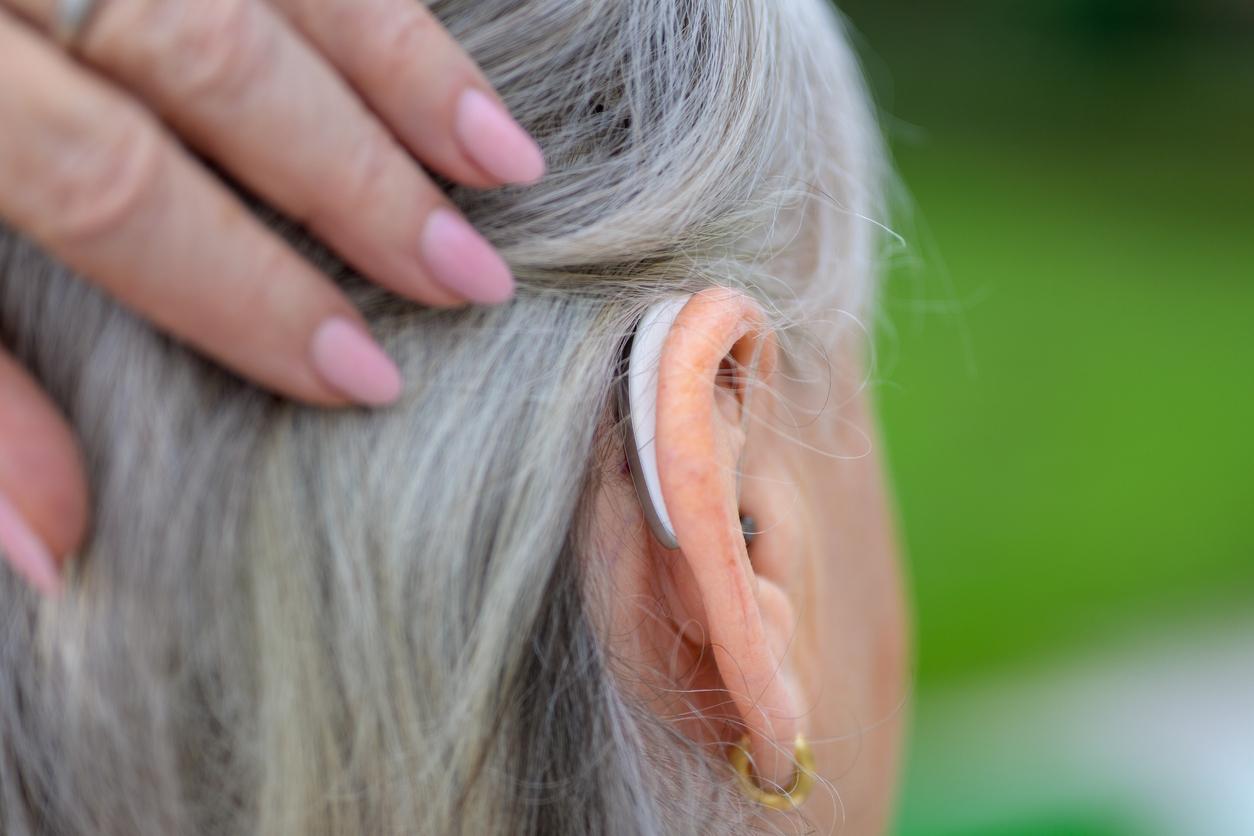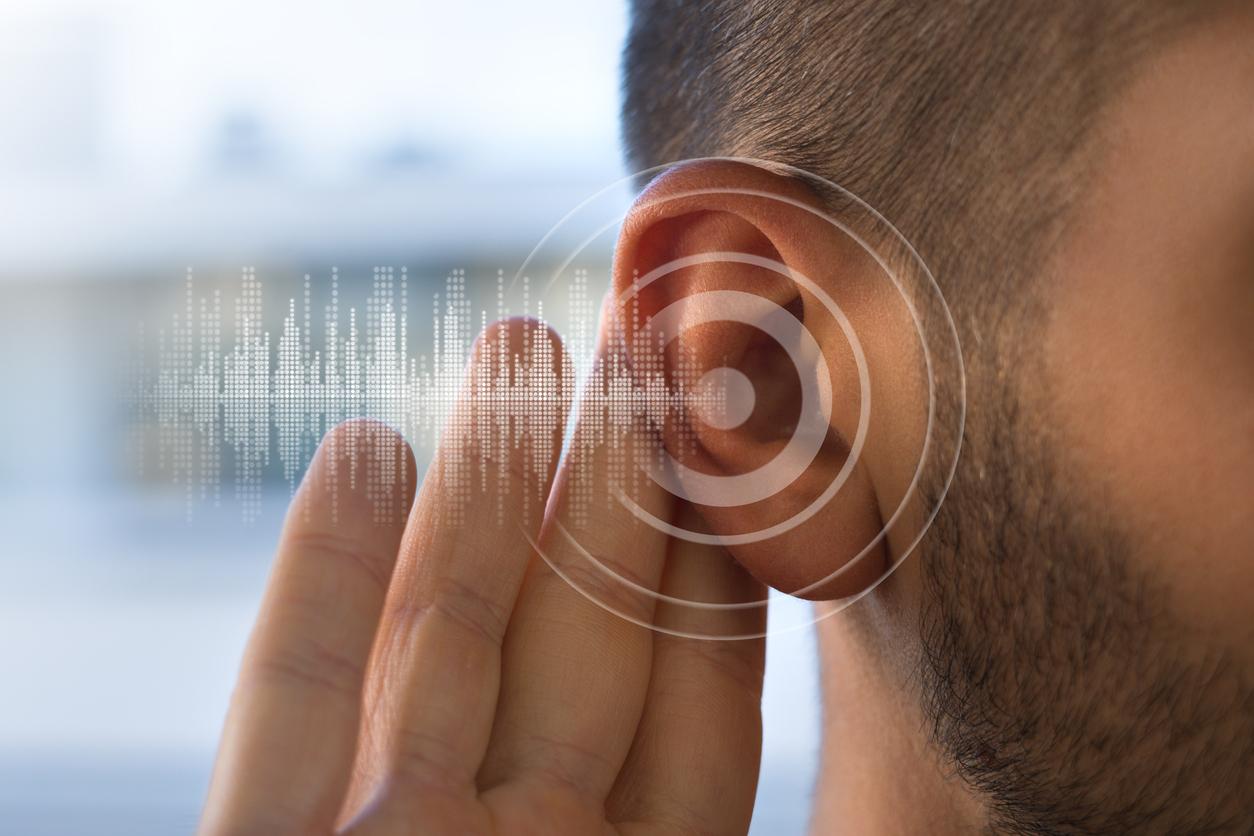2.5 billion people worldwide will have hearing problems by the year 2050, just warned the WHOin a report that is concerned about seeing growing inequalities in access to care on this issue.
What explains the increasing number of hearing impairments? The lack of vaccines, for example. Nearly 60% of hearing impairments can be avoided through certain measures such as vaccination against rubella and meningitis. Screening for otitis is added to this, or better management of maternal and neonatal care. For adults, certain reflexes can prevent hearing losssuch as avoiding toxic drugs for the ear (known as ototoxic), protecting yourself from listening (to music, television) too loudly, or even generally having good ear hygiene.
The report highlights the things to be improved to better manage hearing problems, but also mentions all the shortcomings, in terms of access to care, which justify the fear of seeing this problem grow by 2050.
A double lack
Lack of accurate information and stigma of ear disease and hearing loss frequently limit access to care. Hearing problems are too little known to be detected early. Added to this is that said care is poorly supported. There are many countries where the national health system has not yet integrated them. WHO believes there is an urgent need to invest in ear and hearing care, including making it more accessible.
On the other hand, there is a lack of specialized medical personnel. In 78% of low-income countries, there is less than one ENT specialist per 1 million inhabitants. Only 17% of these countries have at least one speech therapist per 1 million inhabitants. And even in the countries well equipped in number, the distribution on the territory is not satisfactory.
Restoring hearing’s place in the healthcare system
“Hearing is precious. Untreated hearing loss can have devastating effects on people’s ability to communicate, learn and earn a living. It can also impact mental health and the ability to maintain relationships.“, underlined Dr Tedros Adhanom Ghebreyesus, Director-General of WHO.
Many methods exist to improve hearing: surgical operations, implants, hearing aids or even sign language. Corn what is currently missing is fair access to all. To change the approach, the director of the non-communicable diseases department at the WHO, doctor Bente Mikkelsen recommends integrating “ear and hearing care in national health plans and deliver it in strengthened health systems, as part of universal health coverage“.
Source: WHO
Read also:
- Doctor, my ear hurts
- 3 reflexes to take care of your hearing

















